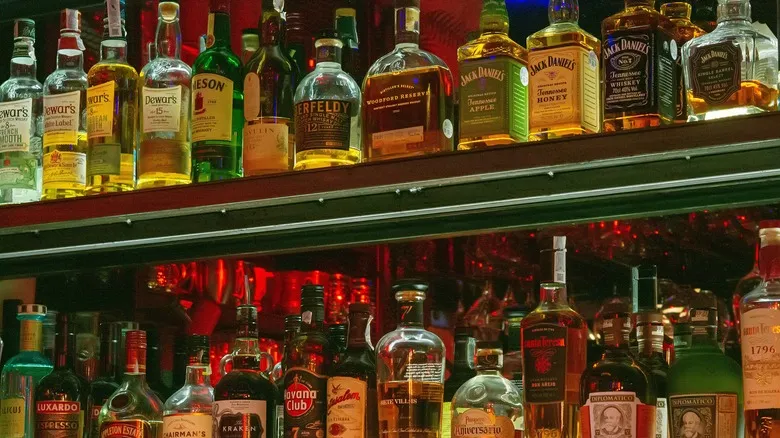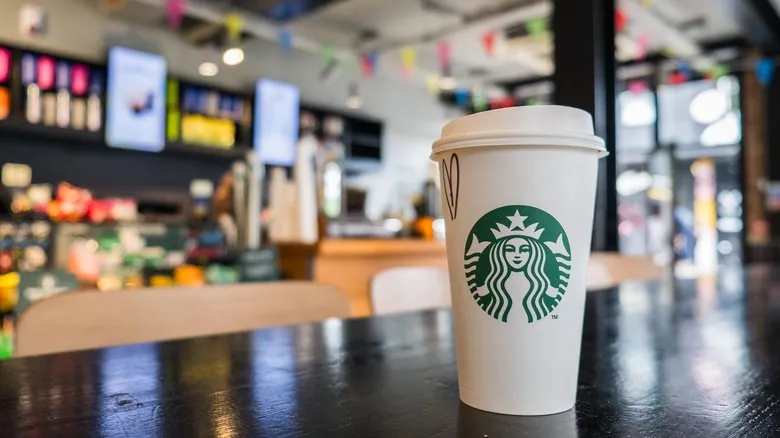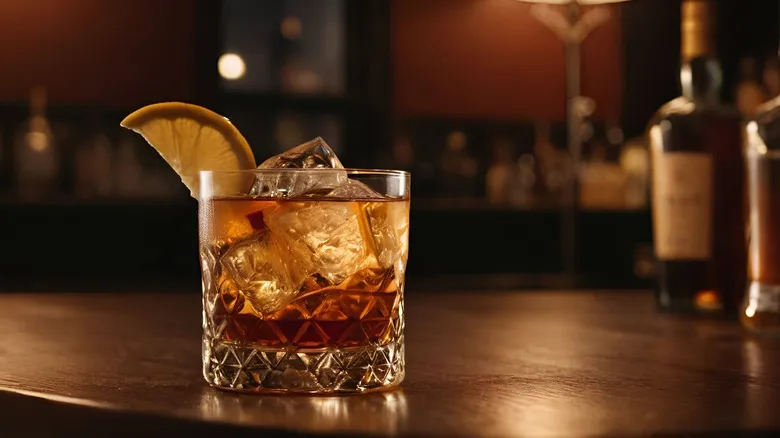Unlike pure liquor, liqueurs won't last forever
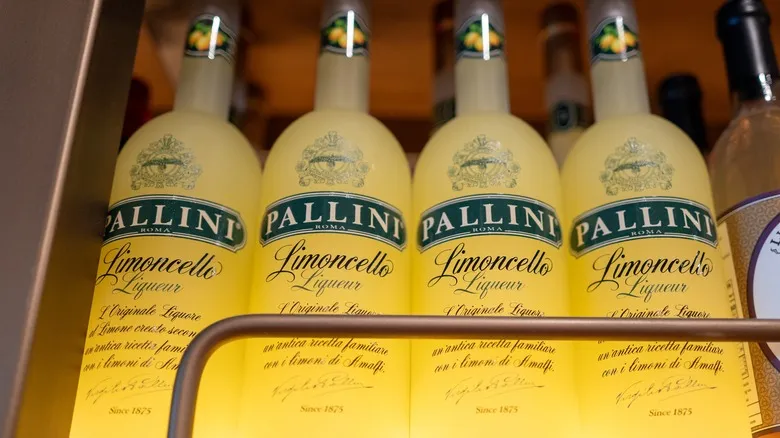
Liqueurs, often referred to as cordials, differ from pure distilled spirits in that they typically contain sugars and various additives. While sugar is effective at inhibiting bacteria and other microbes, it can also crystallize or become syrupy if left unattended for too long or improperly stored. Most liqueurs are best enjoyed within six months to a year after opening to maintain their flavor and prevent oxidation. However, some liqueurs age differently. For example, vermouth should be refrigerated once opened and will remain good for about two months. In contrast, berry and citrus liqueurs, such as Cointreau or Grand Marnier, have a longer shelf life and can last around two years when kept in a cool, dry environment.
Generally, liqueurs with higher sugar content tend to spoil more quickly, although those with higher alcohol content or added preservatives may resist degradation for a while. Liqueurs containing dairy, like Baileys, should be consumed promptly, as they are among the few liqueurs that come with an expiration date on the label. To keep Irish cream liqueurs tasting their best, store them in the refrigerator after opening and consume them within six months. If you observe any curdling, discoloration, or crystallization in your liqueurs, it’s best to discard them.
How to store liquor to prolong its life
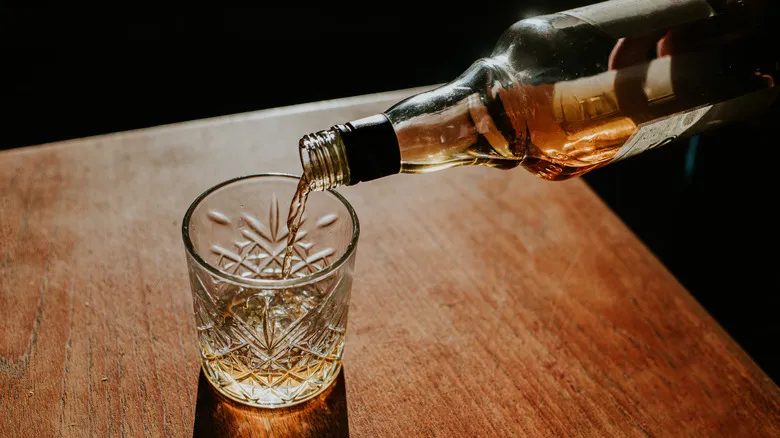
Although hard liquor has a long shelf life, it's still important to store it properly. Exposure to oxygen can alter the flavor and composition of an open bottle, while ethanol can evaporate over time, reducing the alcohol content. Therefore, it's crucial to keep your bottles tightly sealed. Avoid using speed pourers, as they allow air to enter more easily.
Similar to beer bottles, liquor bottles should be stored in a dark, cool environment, away from light. Both light and heat can accelerate evaporation, and with spirits like gin, light can cause the terpenes and oils from botanicals to polymerize. Additionally, heat can lead to the expansion of the liquid, potentially pushing the cork out.
Furthermore, unlike wine, liquor should always be stored upright rather than on its side. Over time, hard liquor can degrade the cork, which is a common mistake that can compromise a good whiskey by letting air in and increasing evaporation. While this isn't a concern with screw-top bottles, storing them upright can also help prevent leaks if the cap isn't securely fastened.
Recommended
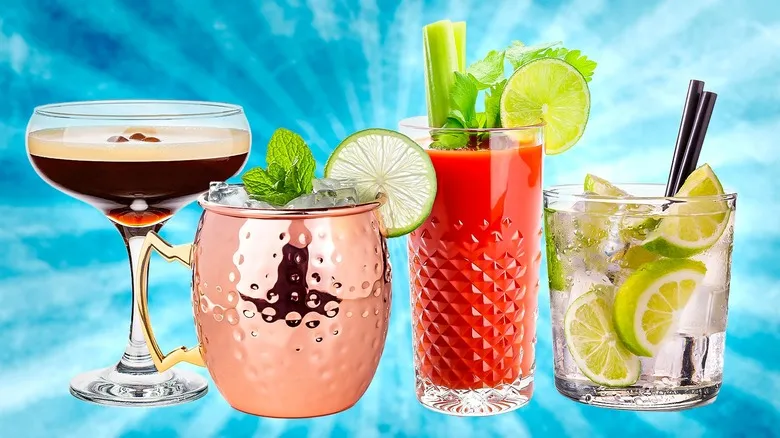
10 Popular Vodka Cocktails To Sip, Beyond Your Vodka-Cran
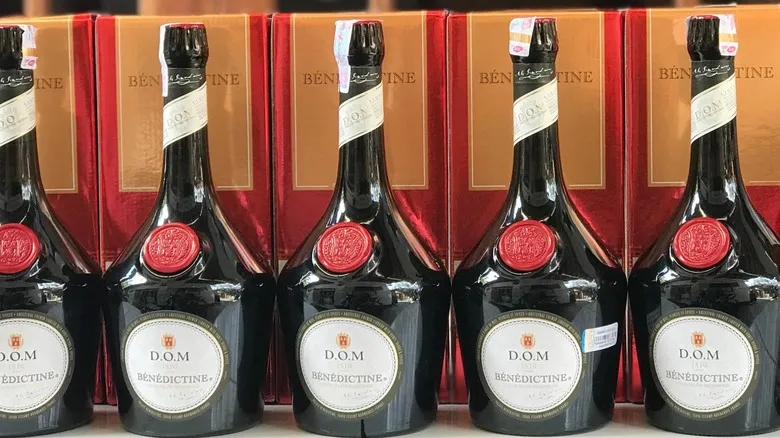
What Type Of Liquor Is Bénédictine?
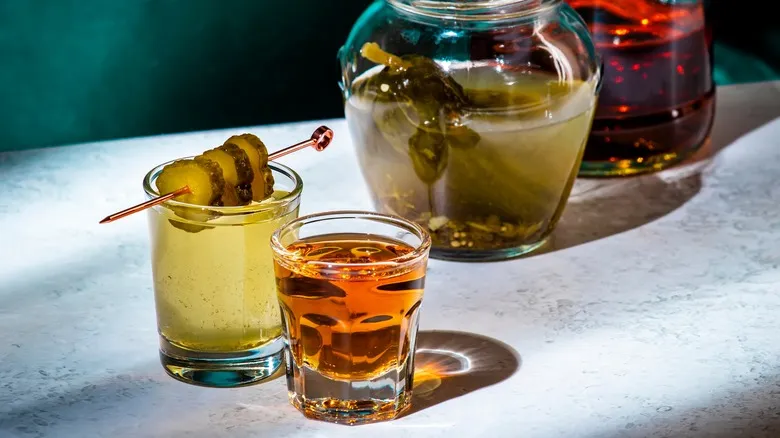
The Best Cocktail To Make With Leftover Pickle Juice
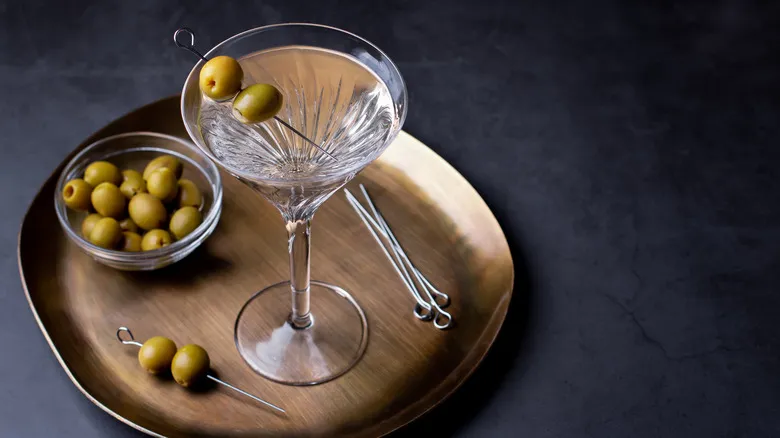
The Best Appetizers To Pair With A Dirty Martini
Next up

